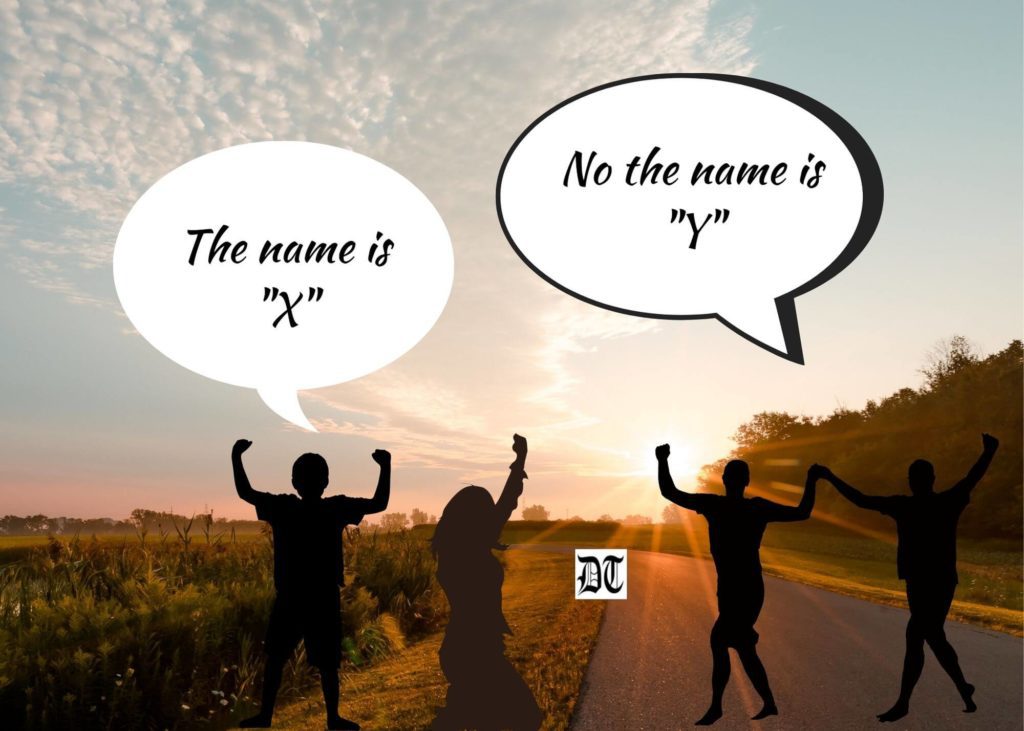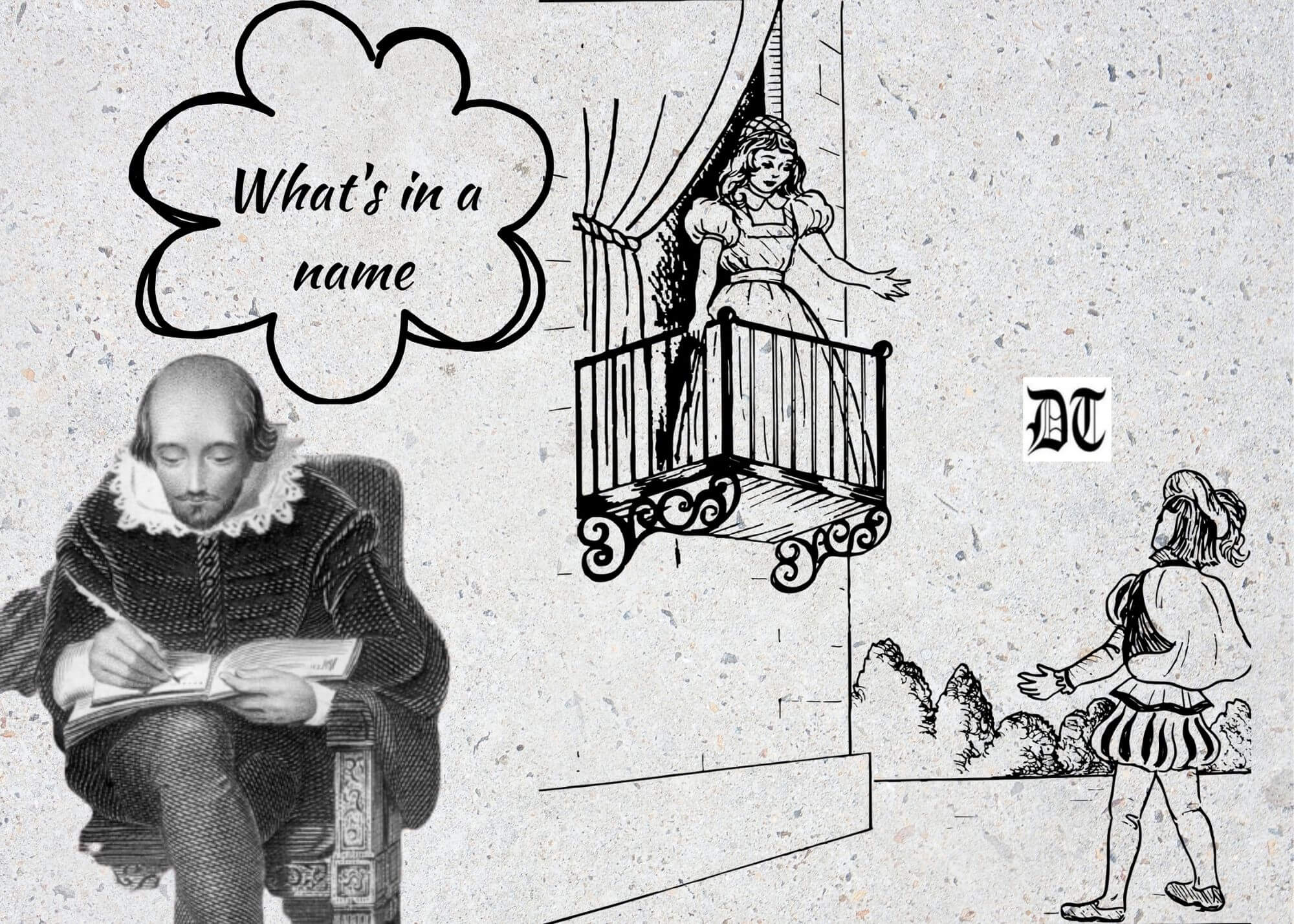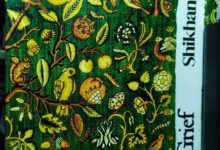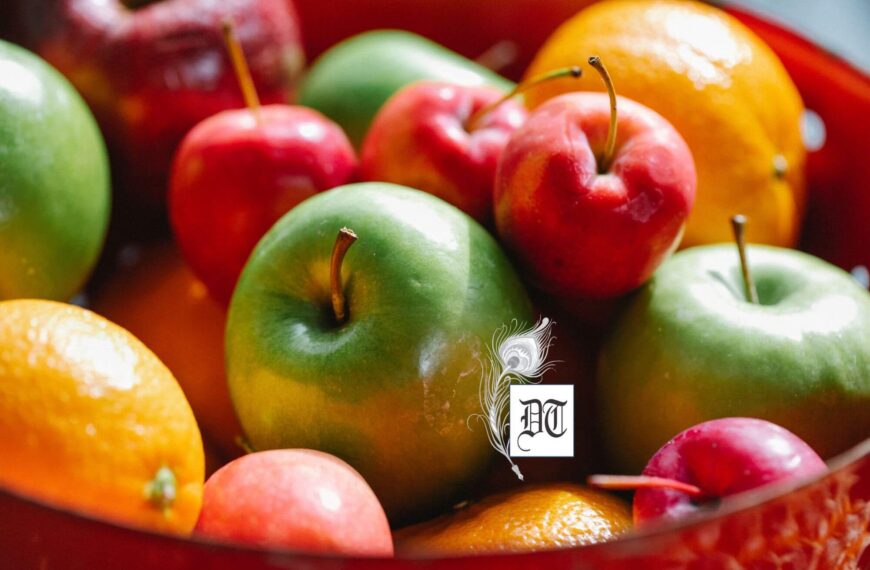Here’s a tongue-in-cheek write-up, by Mitali, about changing names of cities, monuments, roads, to rewrite history. An exclusive for Different Truths.
“What’s in a name? That which we call a rose
By any other name would smell as sweet.”
Despite the Bard’s declaration, and that line[1] being one of the most popular among the literati-glitterati, cab drivers fail to appreciate it. If I think of one place, and name another because after all in the spirit of the bard — one name or another, how does it matter — they get angry and scold me! Of course, in all justice, they may not be familiar with Shakespeare. And I would be a Mary Antoinette[2] think-alike to bank on their familiarity. You do know the story of Mary, who asked the peasants to be given brioche[3] (not cake) instead of bread, when they did not have food — that was right before the French Revolution?
It is interesting to see how the Bard’s creation Juliet Capulet addressed this question…
It is interesting to see how the Bard’s creation Juliet Capulet addressed this question — what’s in a name? She had fallen in love with Romeo, from the family of Montague, the sworn enemy of the Capulets. She was questioning the human construct of enmities between two families. Now, the funny thing is when I was in university, more than three decades ago, I had questioned the construct of languages and beliefs — why is an A called as such and not a B? I was told if people took my stand, they would need to reinvent the wheel! But getting back to Juliet — she was questioning constructs that her family believed in. I was questioning constructs that humanity believed in because all of humanity was my family.
We all originated in Africa — that is an undeniable fact — and walked out to populate the whole world. Eventually, I agreed reinventing a wheel would halt progress and digress towards a world which might be difficult to live in. We are so habituated to the use of wheels and gears that accepting them as such is probably the best way to go forward.
… I am now confused why historical names and constructs are being called into question in the current world.
Having matured enough to accept languages and wheels, I am now confused why historical names and constructs are being called into question in the current world. It started with my being told I was misspelling Calcutta. Calcutta was given its name by its founder Job Charnock. Oops, I forgot, academics said Job Charnock had not founded Kolkata and it was self-made. I was a bit confused by that one because I thought history cannot be altered. Where I live now, the population — who may be unfamiliar with the bard and therefore regard my confusion over names with irritation— agree that it was founded by a colonial.
My confusion about names sets in because so many things are named after the founder that it can get as confusing as roads named after peachtree in Atlanta[4]. Of course, I have read in novels and in historical texts that the Orang Laut[5] or Malay boatmen actually populated Singapore along with pirates of varied origins before the advent of the colonials and piracy has always been a multinational profession… Though I am a little confused again about the roles of pirates, and colonials for obvious reasons. But getting back on track, we have names from the West, Malay, Chinese, Indian and I do not know what other culture. The population is so heterogeneous that words permeate from different cultures and get included into English and it evolves into a strange pidgin[6] which despite my localisation continues to elude me.
… all the places have not dissolved into smoke and flown into outer space … only their names are new.
Returning to the issue at hand – what’s in a name? I will tell you — much. Much because when I return to my country of birth, I am lost. Yet, all the places have not dissolved into smoke and flown into outer space. They still exist – only their names are new. Even the ditches on the road have not changed, but names have. Names continue to generate much angst. The lack of uninterrupted supply of electricity and potable water do not bother the multitudes. Or the lack of good roads or jobs – people are stoic about these. But names? That can lead to wars. Labels and names. Especially names of places seem to have sacrosanct importance.

The funny thing is earlier the names of many Mughal rulers were used to name roads. They were born in India like me and did much more than I ever have. In fact, in that era in history, the concept of India did not exist. This kind of bordered nation is a colonial construct. And yet, we have imbibed the cultural ideology of colonials whose names we are trying to wipe out while neglecting the ideologies of those we name as great, be it Gandhi or Tagore. While we celebrate their anniversaries and garland their statues, we have neglected to remember what they stood for.
It’s a bit strange! For they stood for secularism – they stood for bridging divides between people.
…can history be changed if we call Qutub Minar [7]‘Vishnu Stambh’[8]?
Reading about the recent protests that smear my birth land, while wars for survival rage all over the world, makes me wonder, can history be changed if we call Qutub Minar [9]‘Vishnu Stambh’[10]? Will Vishnu with his divine intervention alter our past? Get rid of the invaders who while destroying, behaved like the hooligan mobs that kill? And is it right that after hundreds of years, we turn into hooligans to destroy the descendants or perhaps convert to a religious group? We talked of Divide and Rule[11], a policy introduced by the Colonials to rule over an extensive empire conquered largely with cunning and gunpowder, and yet are we not doing just that by othering a large group of people?
Since some in my birth-land still emulate systems started by the colonials, like the Divide and Rule, perhaps we should pick a writer from the colonial period to try to comprehend the mindset that insists on divides by interests or traditions (as in FB). Here is one who even used Indian philosophy in his poetry — TS Eliot. He wrote a poem published 100 years ago, in 1922, in which he asserted spewing lines from Upanishads, “All time is eternally present.” The past is present too and that is why people who choose can live only with the past and still be in the present. So, Cleopatra can walk the streets of Egypt — and Romans could try invading Britain again? And the Indian subcontinent — could it re-unite again?
[1] Romeo & Juliet by William Shakespeare, Act 2, scene 2. https://doorshakespeare.com/general/whats-in-a-name/
[2] https://en.wikipedia.org/wiki/Marie_Antoinette
[3] Brioche, a rich bread with eggs. In French, she asked the hungry peasants to eat brioche https://www.britannica.com/story/did-marie-antoinette-really-say-let-them-eat-cake
[4] https://www.gpb.org/news/2018/08/06/whats-in-name-why-everythings-called-peachtree
[5] https://www.visitsingapore.com/travel-guide-tips/about-singapore/
[6] https://en.wikipedia.org/wiki/Singlish
[7] https://en.wikipedia.org/wiki/Qutb_Minar
[8] https://www.hindustantimes.com/cities/delhi-news/44-detained-after-protest-to-rename-qutub-minar-as-vishnu-stambh-101652212197531.htm
[9] https://en.wikipedia.org/wiki/Qutb_Minar
[10] https://www.hindustantimes.com/cities/delhi-news/44-detained-after-protest-to-rename-qutub-minar-as-vishnu-stambh-101652212197531.htm
[11] https://era-magazine.com/2020/08/07/divide-and-rule-in-british-india/
Picture design by Anumita Roy, Different Truths





 By
By
 By
By
 By
By